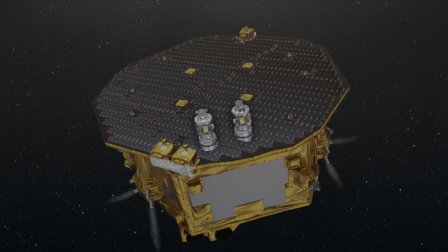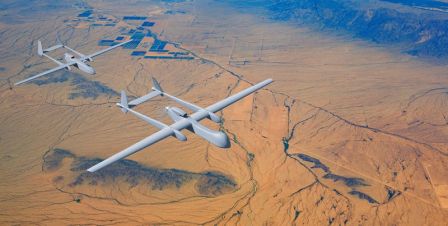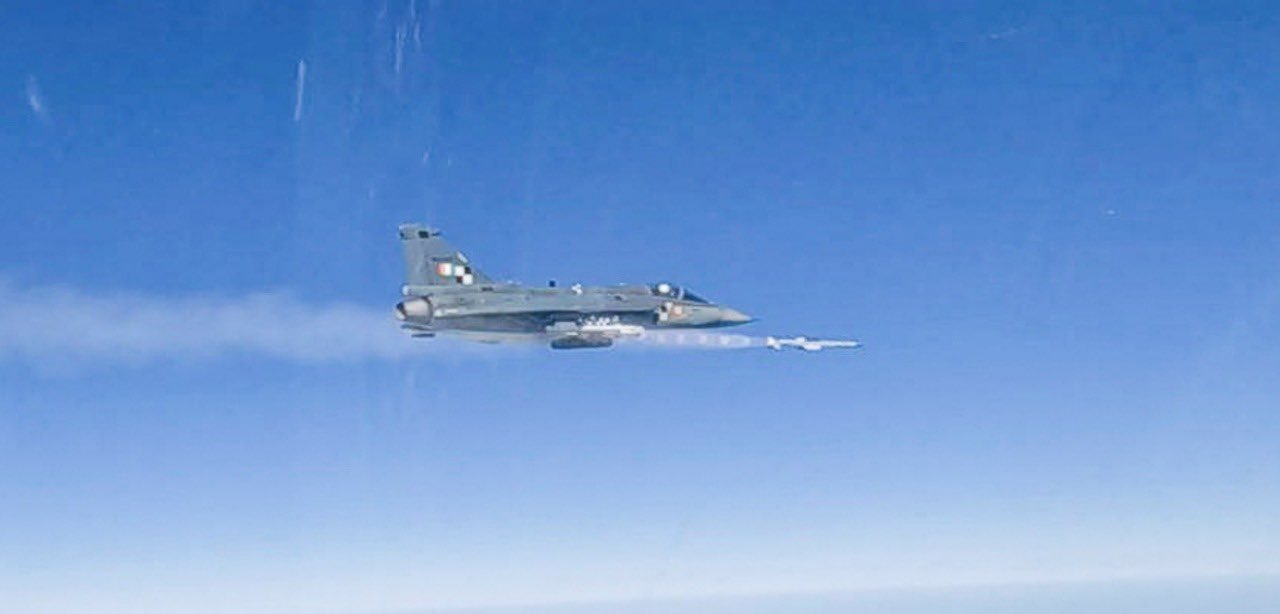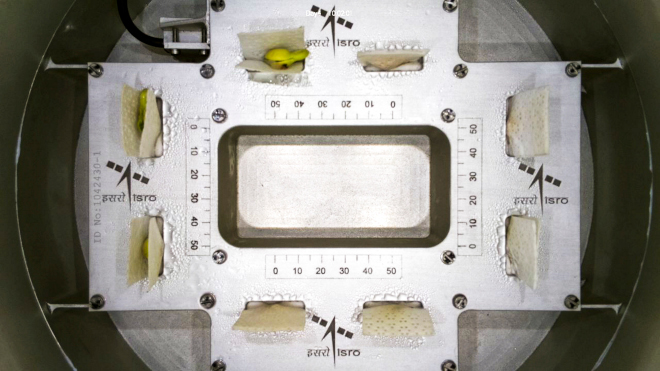
LISA Pathfinder operating in space. Photo: ESA/ATG medialab
CANNES (BNS): Thales Alenia Space has won a contract from the European Space Agency (ESA) for the Phase A study of Laser Interferometer Space Antenna (LISA), the third “large-class” mission in ESA's Cosmic Vision 2015-25 Programme.
LISA will be the first space-based gravitational wave observatory. Its major aim is the detection of gravitational waves, ripples in the fabric of space-time created by large and dense celestial bodies with very strong gravity - such as black holes.
The mission hopes to give scientists a completely new view of the cosmos compared with traditional observation techniques and help unveil some of its many mysteries.
LISA will consist of three spacecrafts in a triangular formation, separated by 2.5 million kilometers, following the Earth in its orbit around the Sun. Each satellite will carry two reference masses.
Laser beams will be transmitted between satellites to measure the displacement of these masses with a resolution ten times smaller than an atom.
Thales Alenia Space, the joint venture between Thales and Leonardo, will lead the feasibility study phase ending in January 2020, ESA said in a statement.
 Previous Article
Previous Article Next Article
Next Article












The Indian Air Force, in its flight trials evaluation report submitted before the Defence Ministry l..
view articleAn insight into the Medium Multi-Role Combat Aircraft competition...
view articleSky enthusiasts can now spot the International Space Station (ISS) commanded by Indian-American astr..
view article